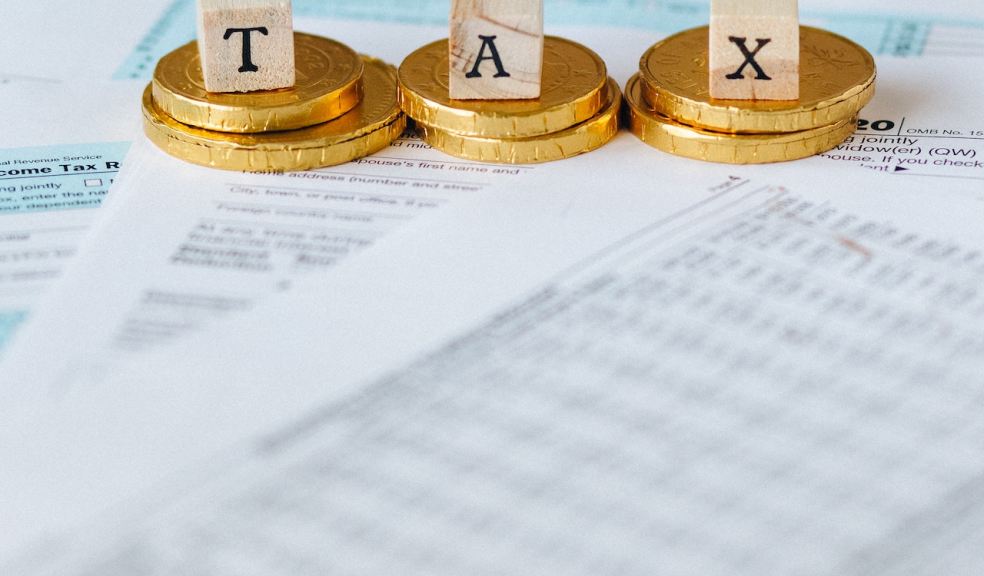
What to Do if You Can’t Pay Your Self Assessment Tax Bill
Even if you’re diligent about saving money each month for your Self Assessment tax bill, any one who is self employed could potentially run into cash flow problems that make it difficult to pay the amount in full. This can cause a lot of stress and panic as HMRC could impose penalties for not paying your tax bill on time.
However, if you stay calm and follow the correct steps, you can resolve this issue without facing too much financial strain. So, if you’re a self-employed individual struggling to pay your Self Assessment tax bill, here’s exactly what you should do.
Check Your Tax Bill
First of all, before you take steps toward paying your tax bill, you should check that the total you owe is actually correct. If you’re self-employed, you’ll be paying tax through Self Assessment rather than PAYE (pay as you earn), which means you’ll have to work out your tax return yourself as your taxes won’t be deducted automatically from your wages. Therefore, if you’re having trouble calculating what you owe, you could have accidentally overestimated your tax liability.
To help you calculate your taxes accurately, you should consider getting self assessment software. Nowadays, many accounting software packages include tax features that help you calculate your Self Assessment tax return quickly and easily. Using software will help you eliminate human error and discover exactly what you should be paying.
Even if your tax bill looks correct, you could still reduce it to make it easier for you to pay. By keeping track of your spending and identifying what could be written off as business expenses, you’ll be able to reduce your taxable income and therefore pay less in tax.
Contact HMRC As Soon As Possible
If your Self Assessment tax bill is still too high even after you’ve checked your calculations and written off expenses, you’ll need to start working out a solution with HMRC. Avoiding the problem won’t make it disappear, so make sure you contact HMRC as soon as possible so that they’re aware of your financial difficulties.
In particular, you should aim to contact HMRC before the Self Assessment tax deadline, which falls on the 31st of January every year. If you wait until after this deadline, you could face late payment penalties on top of the tax you owe. Your debt will also start incurring interest after the deadline, so getting it sorted sooner rather than later is the best way to prevent things from spiralling out of control.
Remember to File Your Tax Return
You should still submit your Self Assessment tax return to HMRC before the deadline even if you can’t pay the full amount by that time. Failing to file your tax return by the deadline could lead to immediate penalties, including a £100 fine if you’re just one day late, which would plunge you into greater financial difficulty. Furthermore, if you don’t file your Self Assessment tax return, HMRC will send you a ‘determination’ of the amount of tax they think you owe. You cannot appeal this determination even if you think it’s too high, so you must either pay the amount in the determination or file an accurate tax return yourself.
Time to Pay Arrangement
To work out a sustainable way for you to pay your tax bill, you’ll need to contact HMRC as soon as possible, submit your tax return as normal, and try to work out a Time to Pay arrangement.
If you secure a Time to Pay arrangement with HMRC, you’ll be able to pay your tax bill in a series of instalments over an agreed period of time (usually up to 12 months). To work out this arrangement with HMRC, you’ll need to explain why you can’t pay your tax bill by the deadline and offer a proposal of how you can pay alternatively (e.g., how many months you’ll need and how much you’ll pay each month). HMRC may not accept your proposal, but this will give you a starting point for negotiating an arrangement that suits both parties.
If you owe less than £30,000, have filed your latest tax return, are within 60 days of the payment deadline and plan to pay off your debt within 12 months, you’ll be able to set up your payment plan online with your Government Gateway account. Otherwise, you’ll need to call the Self Assessment helpline to negotiate your payment plan.
Interest and Penalties
You’ll avoid late payment penalties if you set up a Time to Pay arrangement before the Self Assessment tax deadline, so make sure you do this as soon as you can. However, you’ll still incur interest on your tax debt once the deadline passes. To find out the current interest rates, you can check the government website.
Coronavirus Support
HMRC is aware that many businesses and self-employed individuals have been affected by the coronavirus pandemic. Therefore, if you’re struggling to pay your Self Assessment tax bill due to the impact of coronavirus, you should explain this to HMRC while sorting out a Time to Pay arrangement.
There’s a lot of support available for those struggling due to the effect of coronavirus. For example, on the 6th of January this year, the government announced the easement of penalties for 2021/2022 tax returns due to the pandemic. This meant that late payment penalties were not enforced as long as taxpayers paid their taxes or set up a payment plan before the 1st of April.
Conclusion: Paying Your Self Assessment Tax Bill On Time
Not being able to pay your tax bill before the deadline can cause a lot of stress and anxiety, but luckily there are measures in place to support you and help you pay in a sustainable way. Always contact HMRC as soon as possible to work out a payment plan and avoid late payment penalties.
To help you pay your Self Assessment tax bill on time in the future, you should definitely track your business expenses to reduce your tax liability and invest in accounting software to eliminate any accounting errors. Another option is to make payments on account - this means you can split your tax bill into two payments on the 31st of January and the 31st of July so you don’t have to pay the full sum all at once.













